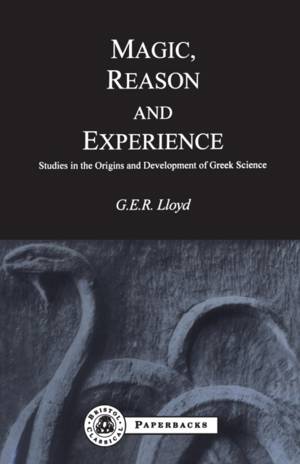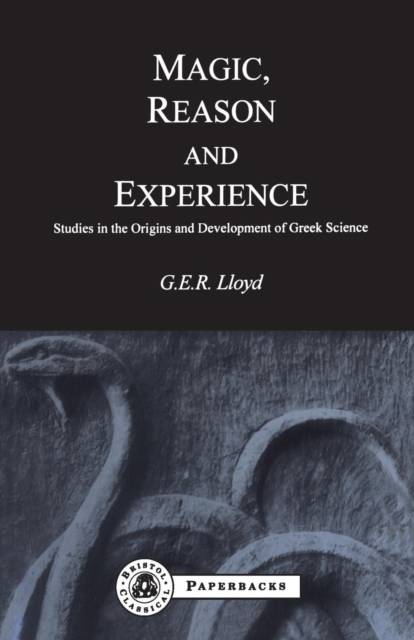
- Afhalen na 1 uur in een winkel met voorraad
- Gratis thuislevering in België vanaf € 30
- Ruim aanbod met 7 miljoen producten
- Afhalen na 1 uur in een winkel met voorraad
- Gratis thuislevering in België vanaf € 30
- Ruim aanbod met 7 miljoen producten
Zoeken
Omschrijving
This text is a study of the origins and development of Greek science, focusing especially on the interactions of scientific and traditional patterns of thought from the 6th to the 4th centuries BC.
Specificaties
Betrokkenen
- Auteur(s):
- Uitgeverij:
Inhoud
- Aantal bladzijden:
- 332
- Reeks:
Eigenschappen
- Productcode (EAN):
- 9781853996023
- Verschijningsdatum:
- 24/02/2000
- Uitvoering:
- Paperback
- Afmetingen:
- 215 mm x 139 mm
- Gewicht:
- 430 g

Alleen bij Standaard Boekhandel
+ 70 punten op je klantenkaart van Standaard Boekhandel
Beoordelingen
We publiceren alleen reviews die voldoen aan de voorwaarden voor reviews. Bekijk onze voorwaarden voor reviews.











